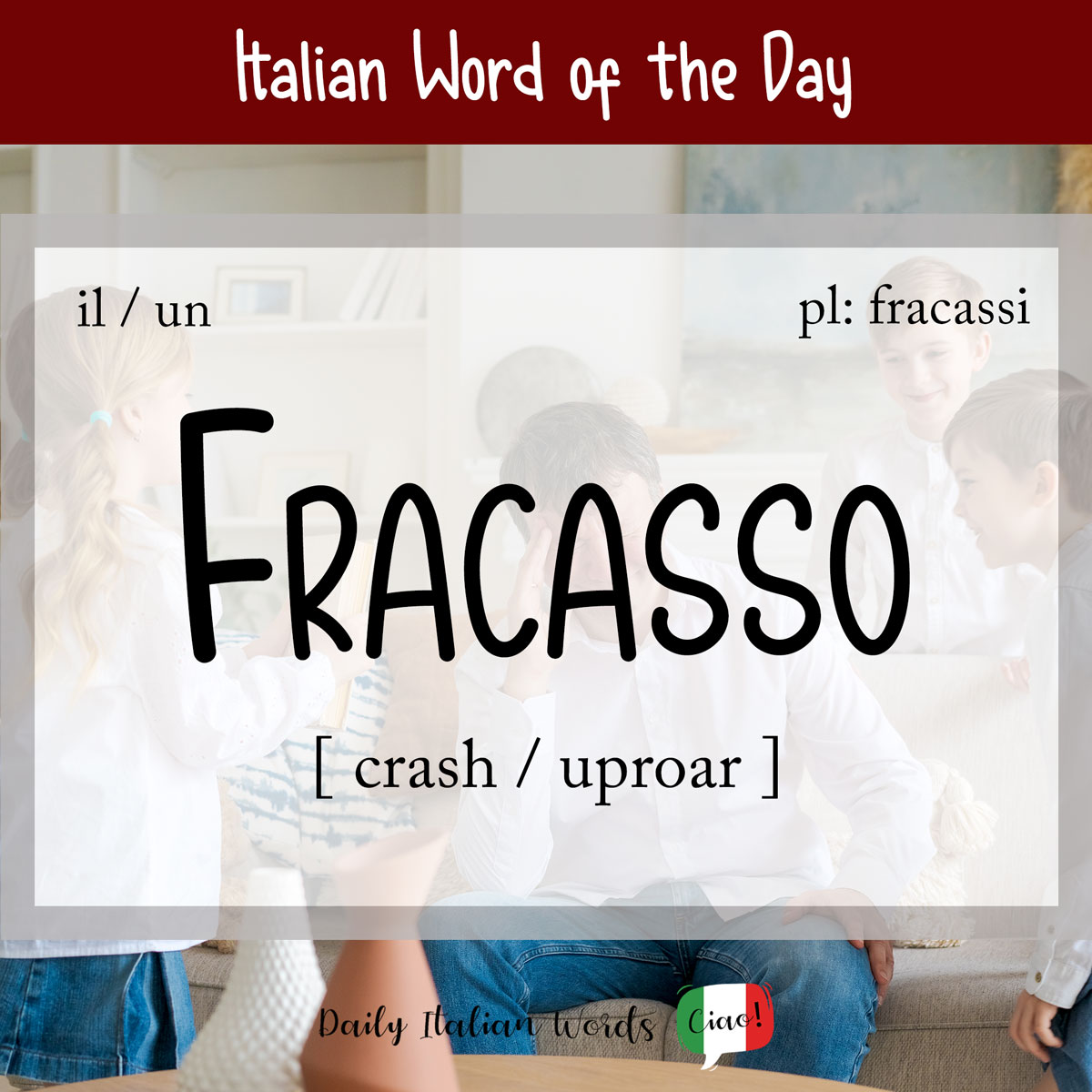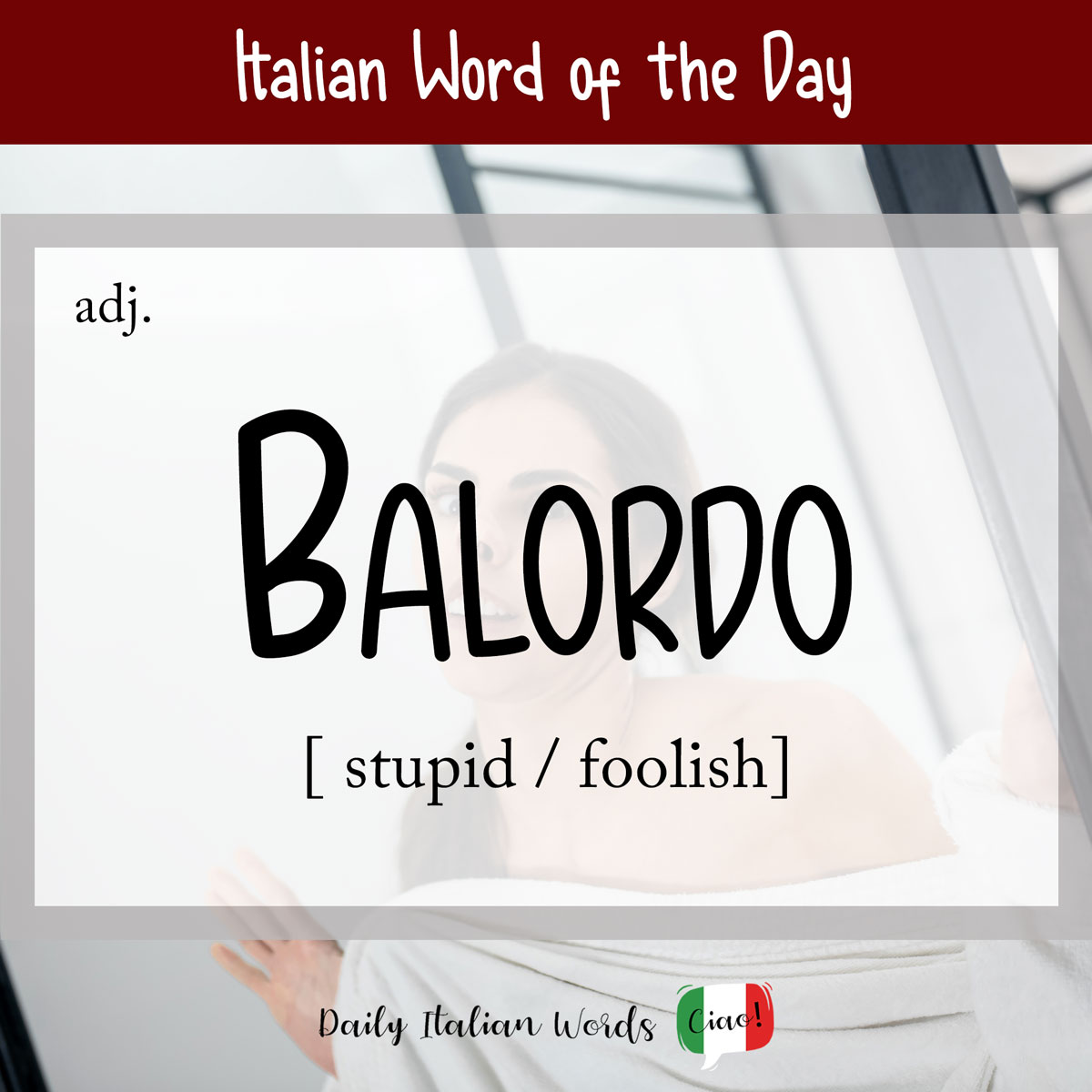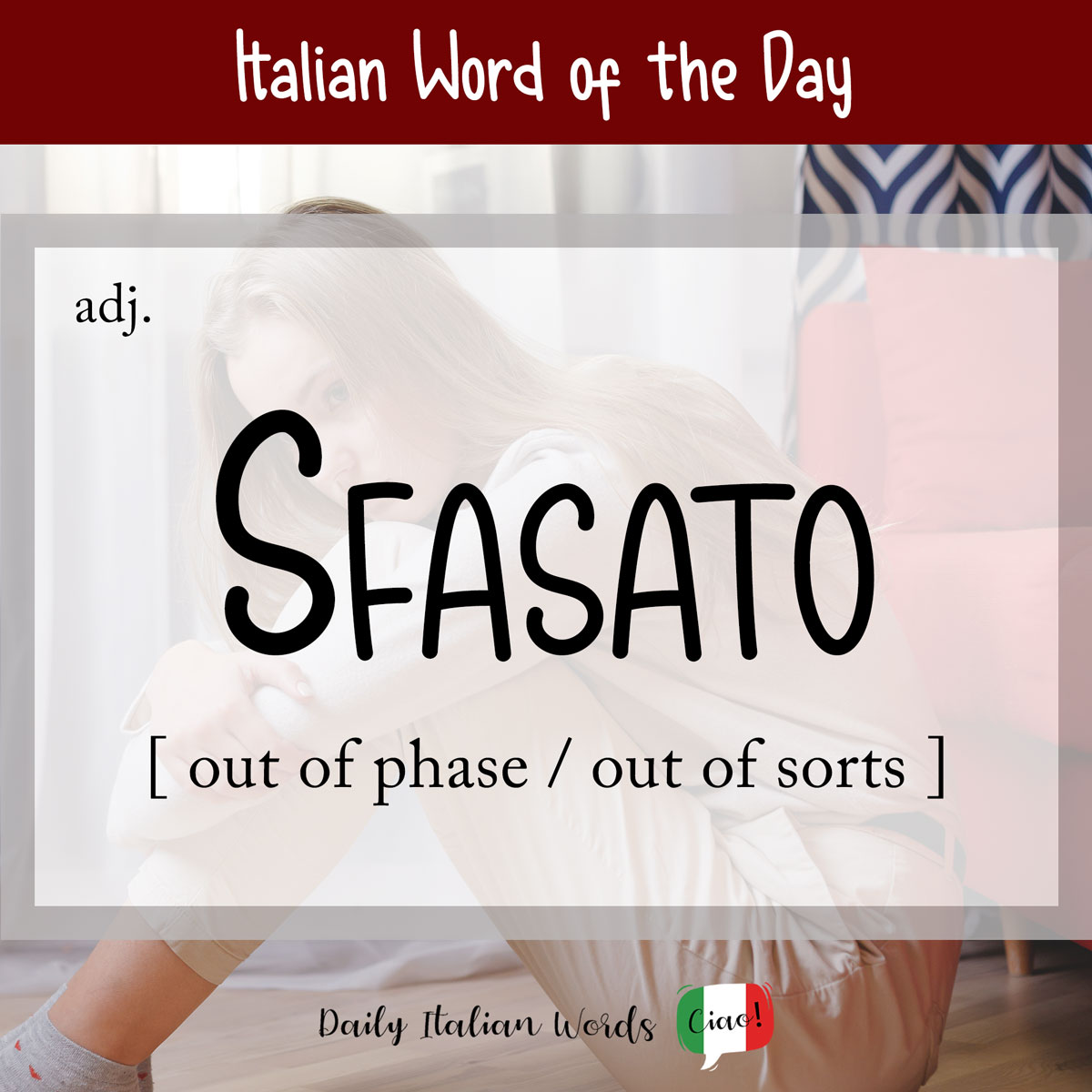Italian Word of the Day: Magari (maybe / if only)
Recently one of our readers asked us to write an article explaining the different uses for magari in Italian. Given that this is one of our all-time favourite words, we were more than happy to oblige! Magari = maybe / perhaps The translation for magari which learners find easiest to comprehend is maybe or perhaps. …






